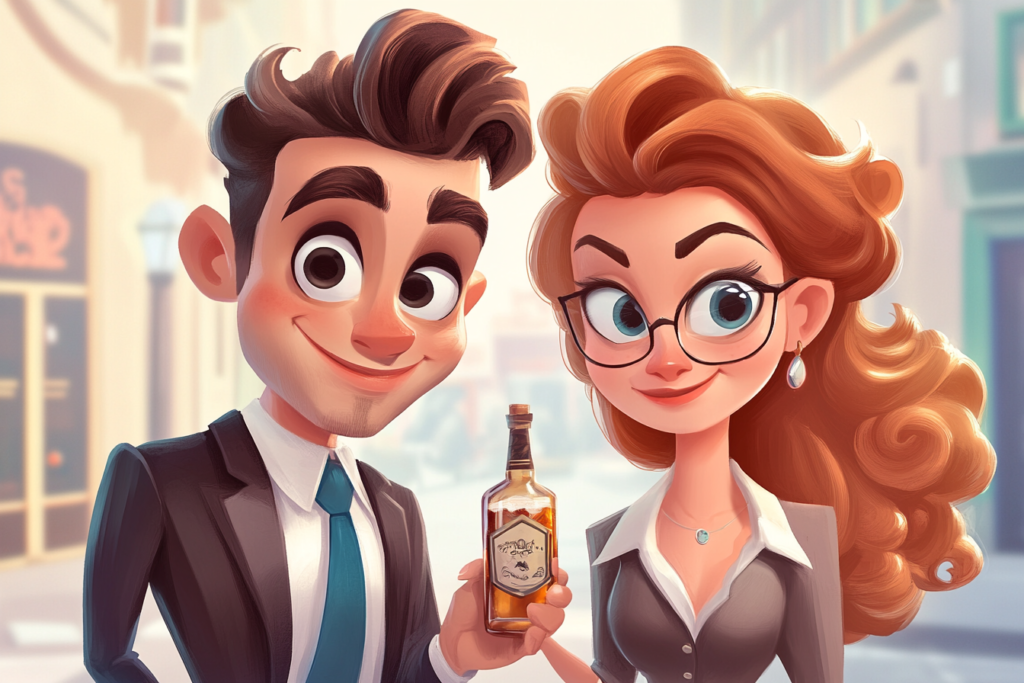
I keep seeing celebs launching “their own” liquor brands — except they’re not really their own.
Ricky Gervais with Dutch Barn vodka. Margot Robbie with Papa Salt gin. The Rock with Teremana tequila.
None of the celebrities actually own the brands or formulate the booze (though many customers believe they do).
They’re all partners.
What’s happening here reveals something profound about product marketing in 2025: the power of strategic partnerships.
These alcohol brands are taking something utterly ordinary — spirits that are functionally identical to dozens of competitors — and transforming them through the power of association.
In Chapter 12 of I Need That, I talk about how buying decisions happen when products connect with people’s deeply held beliefs and their goals. The right partnership creates that connection instantly. Your dog brain bypasses skepticism when it sees the trusted face or name of a successful person, allowing the product to “borrow” credibility it hasn’t yet earned.
It’s brilliant alchemy. A bottle of vodka that might sell for $15 becomes a $35 purchase because Ricky Gervais tells jokes about it.
The liquid inside is essentially the same, but the experience of buying and consuming it … totally transformed.
Because so much of that experience happens inside the customer’s mind.
But here’s why I’m bringing it up to you: this principle works far beyond celebrity endorsements.
When my team launched the Parallel Pillow, the startup sleep brand partnered with the Salvation Army, a globally active charity with which its founders had worked and contributed for decades. The charity provided national reach and distribution for its 1:1 donation model — and huge credibility for a brand that was new and unknown at the time.
It was a win-win partnership with a brand known by pretty much every consumer.
Product Payoff: Aviation Gin was just another craft spirit for 12 years, until Ryan Reynolds became a partner and creative director in 2018. His irreverent marketing approach and personal connection to the brand transformed its trajectory, leading to a $610 million acquisition by Diageo just two years later — all without changing the gin’s original formula.
Action for today: Who are the potential partners that could transform perception of your product? Think beyond celebrities, to consider:
- Complementary product makers (even highly unconventional ones)
- Content creators with engaged audiences
- Organizations with aligned values
- Recognized experts with credibility in your niche
The most powerful partnerships provide so much more than reach — they catalyze relevance AND resonance.
Want to explore partnership strategy for your product? Tap that sweet reply arrow and let’s brainstorm who might be your perfect match. Or reach out to my team of strategic product marketing experts at Graphos Product.
